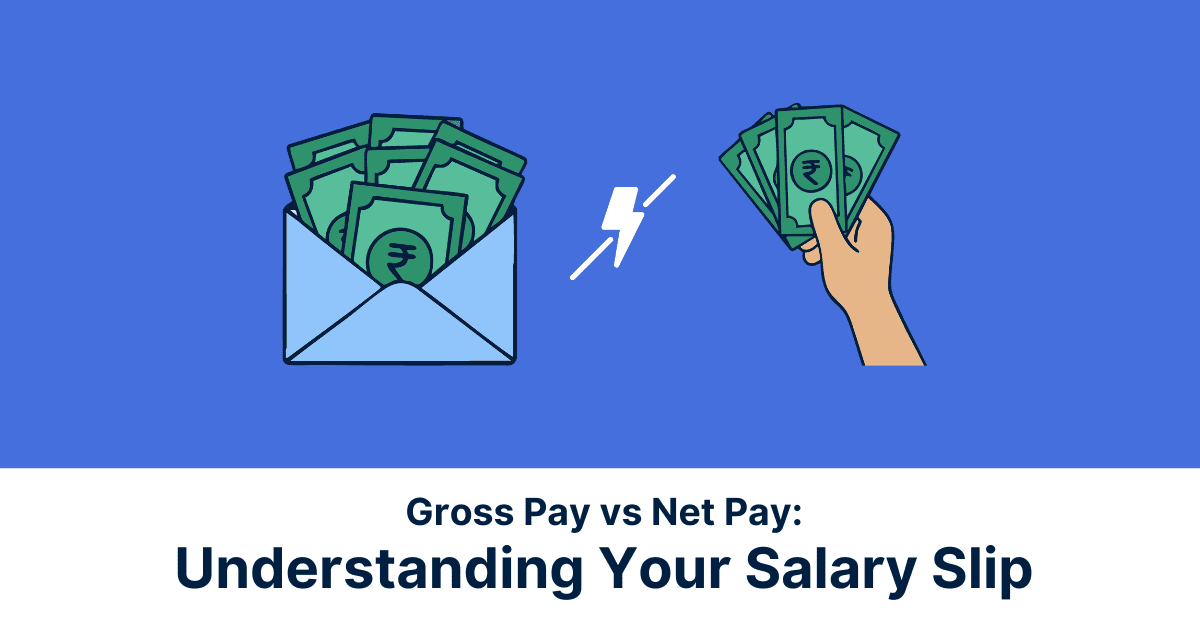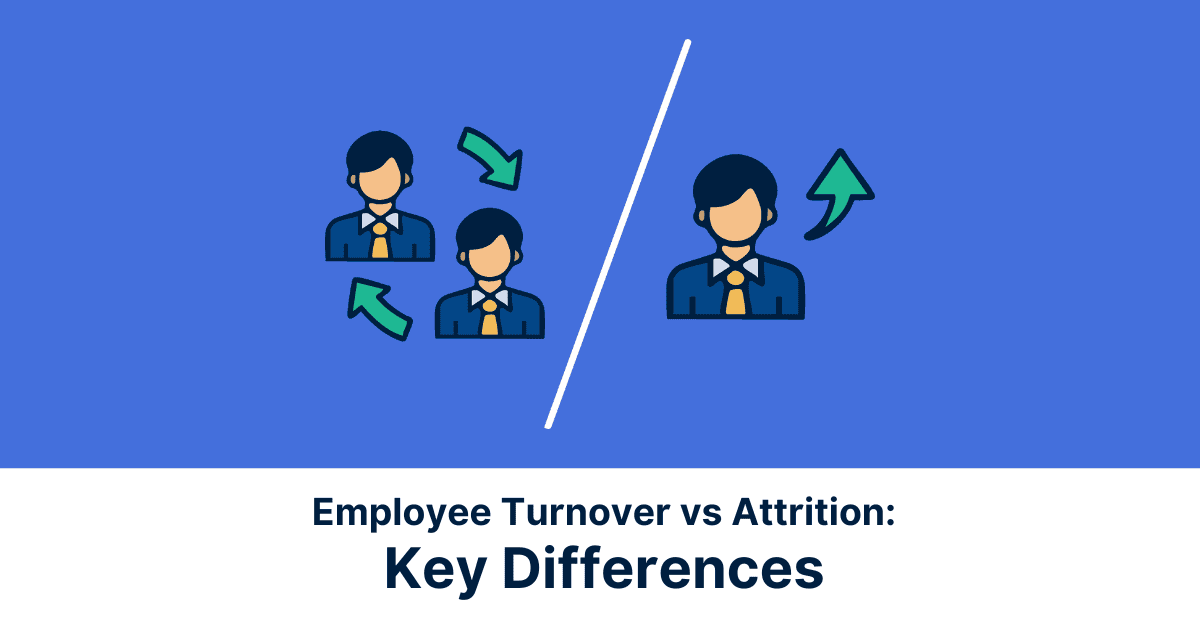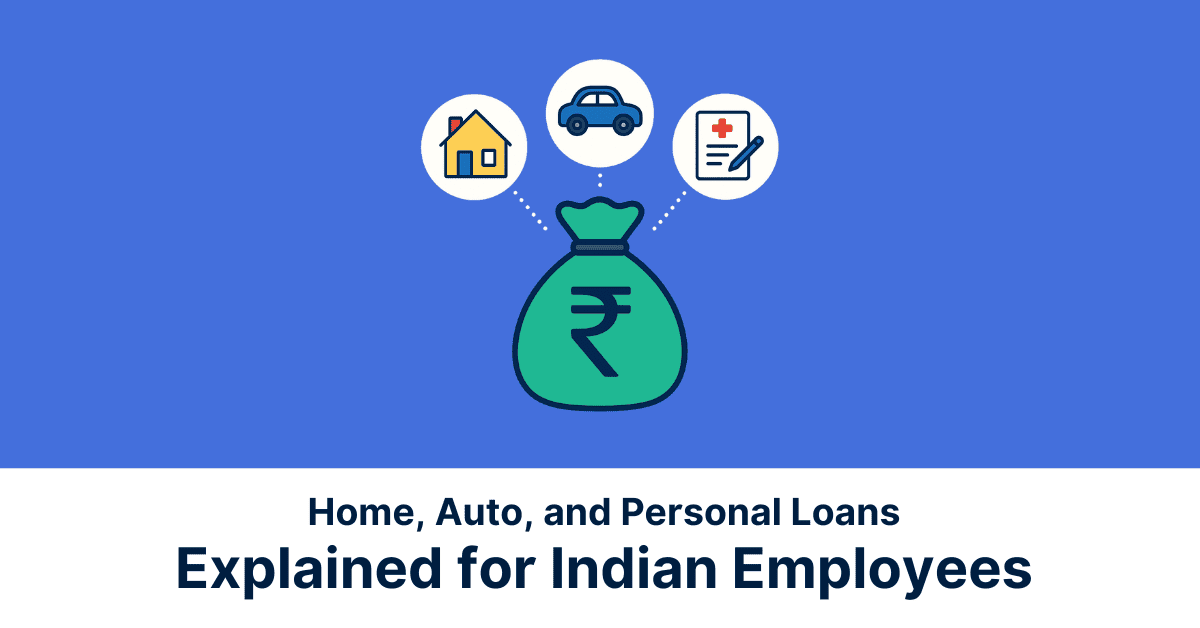Budgeting: A Step Towards Financial Wellness
What is Budgeting?
Budgeting is the process of creating a plan to spend your money, by identifying your income and expenses, setting financial goals and creating a plan to achieve them. It is a powerful tool that can help you take control of your finances and achieve your goals.
In today’s unpredictable economical environment, budgeting is more important than ever. It can help you to manage your expenses, save money, and plan for the future.
In India, many households are still struggling with basic financial planning and budgeting. A significant portion of the population lives paycheck to paycheck and do not have any savings. According to a survey conducted by the Reserve Bank of India in 2019, about 30% of urban households and 50% of rural households had no savings. Additionally, a survey conducted by the National Sample Survey Office found that only about 25% of households in India have a budget.
Budgeting: A Tool For Achieving Financial Wellness
According to a survey by the American Bankers Association, it was found that individuals who budgeted were more likely to save for unexpected expenses and were less likely to rely on credit cards for unexpected expenses. Similarly, a study by the University of Chicago found that individuals who budgeted had a 78% higher likelihood of paying their bills on time; while another study concluded that individuals who budgeted had a 12% higher net worth than those who did not budget.
Budgeting can help you achieve financial wellness in several ways. Some of them are:
- First, it can help you identify areas where you are overspending. For example, you may not realise how much money you’re spending on dining out or entertainment until you create a budget. By identifying these areas, you can make changes and redirect that money to savings or investments.
- Second, budgeting can help you set and achieve financial goals. Whether you want to save for a down payment on a house, pay off credit card debt, or build an emergency fund, a budget can help you get there. It allows you to see how much money you have available to put towards your goals, and it holds you accountable for making progress. Budgeting helps in building a corpus over a period of time which in turn has implications such as reduction in debt as well as improvement in your credit score.
- Third, budgeting can help you manage your money in the long term. By creating a plan and sticking to it, you can ensure that you have enough money to cover your expenses and reach your goals. This can provide a sense of security and peace of mind.
Keeping Budgeting Simple
Creating a budget can seem like a daunting task, but it doesn’t have to be. Here are some simple ways to make budgeting easier for you:
Expense List
Make a list of your monthly expenses.This can include everything from rent or mortgage payments to groceries and utilities.
Track your spending
This can help you see where your money is going and identify areas where you can cut back.
Budgeting the income
Create a budget that fits your income. Don’t try to follow a budget that’s too restrictive.
Be realistic
Don’t expect to follow your budget perfectly. Just try to stick to it as best you can.
Make a plan
If you know you’re going to go over budget in one area, try to make up for it in another area.
Stay motivated
It can be tough to stick to a budget, but it’s worth it in the end.
The Golden Rules of Budgeting
There are many budgeting methods, but two golden rules stand out as being particularly effective. These are the 50-30-20 rule and the 30-30-30-10 rule.
The 50-30-20 Rule
The 50-30-20 rule explains that 50% of your income should be used for need-related expenses, 30% for wants, and the last proportion accounting for 20% should be directed towards savings or debt repayment.
50% on Needs
These are essential expenses that you must pay to survive, such as rent, utilities, food, and transportation.
30% on Wants
These are non-essential expenses that you choose to spend money on, such as dining out, shopping, and entertainment.
20% in Savings or Debt Repayment
This is the 20% of your income that you set aside for savings and investments or paying off any on-going debt cycle in order to not fall into a never-ending debt trap.
The 50-30-20 rule is a simple and effective way to budget because it helps you prioritise your spending and saves you money. By focusing on your needs first and limiting your wants, you’ll be able to save more money and reach your financial goals faster.
The 30-30-30-10 Rule
The 30-30-30-10 rule is about using about 30% as the income for household requirements, 30% is used for discretionary spends, the next 30% is for financial goals such as investments and savings and the last 10% is for spending on wants/ desires.
30% for Household Requirements
These are the basic needs of a household, such as rent, utility bills, and groceries.
30% on Discretionary Spends
These are the miscellaneous yet relevant spends that one does for basic standard of living such as transportation.
30% for Financial Goals
This is the money that you save for your future goals, such as retirement or buying a house.
10% on Wants/Desires
These are the expenses that you don’t need, but want, such as eating out, clothes, and entertainment.
The 30-30-30-10 rule is another great way to budget your money because it is easy to understand and implement. It can help you to manage your expenses, save money, and align with your aspirations and goals on the basis of your current situation and spending habits.
The Budgeting Breakdown
Though the Indian economy has been growing at a steady pace in recent years, with the Reserve Bank of India forecasting that the various economic sectors will grow by 11-14% in the next 3-5 years. It is important to note that financial stability is not only dependent on economic growth and job opportunities but also on budgeting expertise, financial literacy and money planning skills of the workforce.
Though everyone needs budgeting and money management in day-to-day life, these are not one-size-fits-all solutions. Budgeting for households, and personal prowess takes time and effort for correct implementation. It is a good idea to start small and gradually build up to a more robust budget over time.
By creating a plan and sticking to it, it ensures that there is enough money to cover the expenses and achieve the goals. By following either of the golden rules of budgeting, one can simplify the process and achieve financial stability and peace of mind.
How Can Jify Help in Budgeting?
As a fintech organisation with a mission to empower the employed workforce through financial wellness, Jify understands the importance of budgeting. We are here to help make budgeting simpler for all and how it can improve your overall financial health. Subscribe to our newsletter below for literature on financial literacy.
Remember, budgeting is not about deprivation, it is about making the most of money and reaching financial goals. It is important to consider budgeting as a method of financial independence rather than cutting expenses.
Budgeting is about managing money in a way that aligns with your values and helps you achieve financial goals.
*Disclaimer:
The information contained herein is not intended to be a source of advice concerning the material presented, and the information contained in this article does not constitute investment advice. The ideas presented in the article should not be used without first assessing your financial situation or without consulting a financial professional.




















